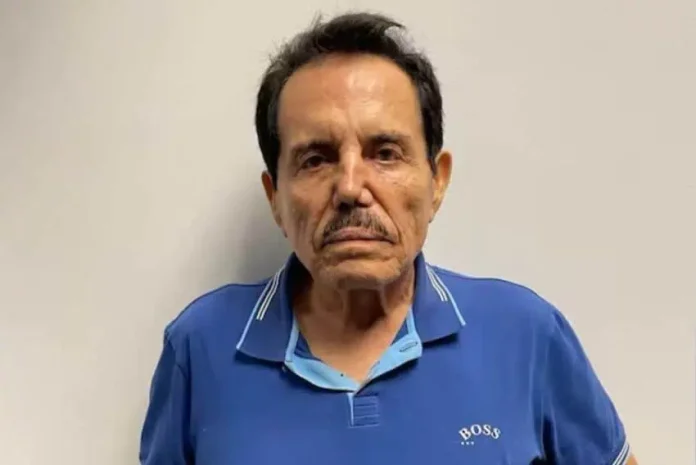Accused Sinaloa Cartel leader Ismael “El Mayo” Zambada García pleaded not guilty to drug trafficking charges during a brief appearance in a New York City courthouse on Friday.
Zambada, who was transferred from Texas to New York last week, entered his plea in response to 17 felony counts he faces, among which are also money laundering and weapons charges.
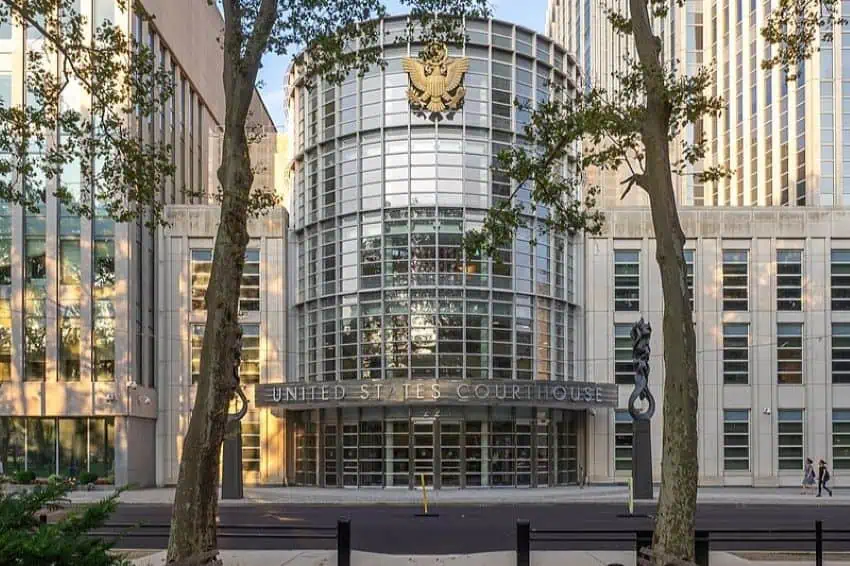
U.S. Magistrate Judge James Cho presided over the hearing, which took place in the same Brooklyn courthouse where Joaquín “El Chapo” Guzmán Loera — a co-founder of the Sinaloa Cartel along with El Mayo — was convicted on drug trafficking charges in early 2019.
Cho ruled that Zambada must remain in prison pending trial.
The charges he faces in New York date back to 2009, and include allegations related to the trafficking of heroin, methamphetamine and fentanyl, a powerful synthetic opioid largely responsible for the drug overdose crisis in the United States.
The 76-year-old’s not-guilty plea came seven weeks after he was arrested at a New Mexico airport near El Paso, Texas, after flying into the United States on a private plane with Joaquín Guzmán López, one of the sons of El Chapo, who are collectively known as “Los Chapitos.”
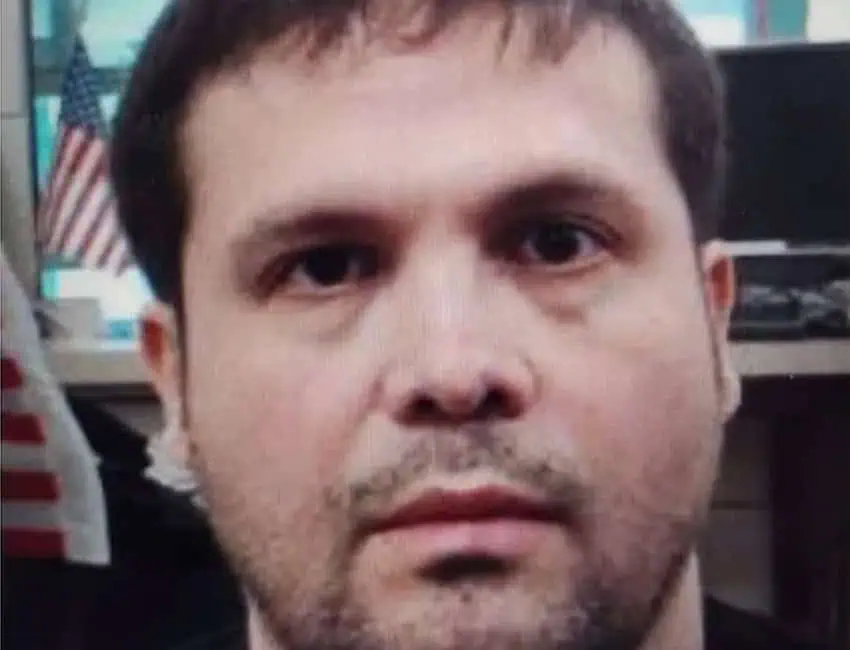
Zambada alleges that he was kidnapped in Culiacán, Sinaloa, and forced onto the plane in an operation spearheaded by Guzmán López, who is also in U.S. custody and faces drug trafficking charges.
He previously pleaded not guilty to all charges he faces in Texas in an appearance in an El Paso courthouse in late July.
In a court filing sent to United States District Judge Brian M. Cogan on Thursday, the U.S. Attorney’s Office in Brooklyn said that “for well over three decades,” Zambada “has been one of the most prolific and powerful narcotraffickers in the world.”
“Together with his co-defendant, Joaquín Guzmán Loera, also known as ‘El Chapo,’ the defendant was a co-founder in the late 1980s of the brutally violent Sinaloa Cartel (‘the Cartel’), and he has reigned ever since — until just a few weeks ago — as one of its principal leaders,” U.S. prosecutors said.
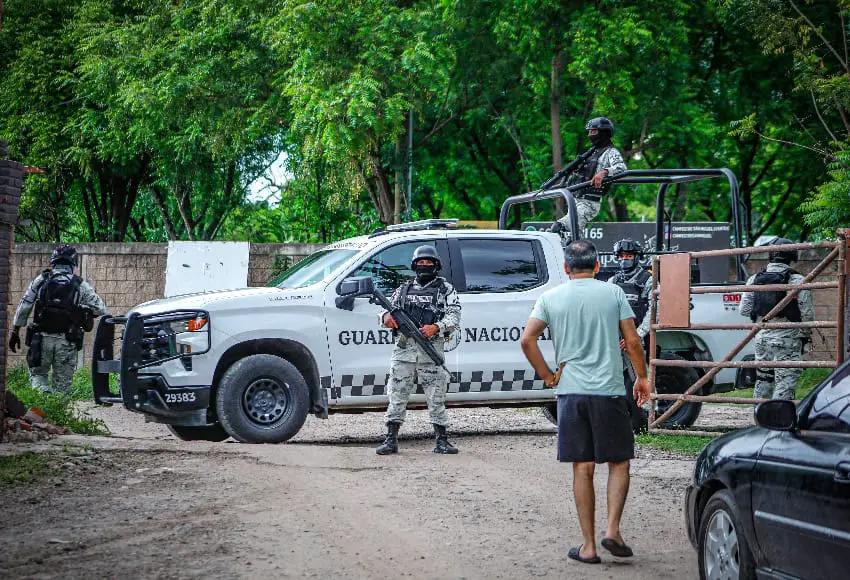
In an eight-page document, prosecutors also said that Zambada “has devoted his efforts over decades to growing, increasing, and enhancing the power of the Cartel — and his individual power and position in the Cartel after his partner El Chapo was captured.”
“Under the defendant’s leadership, the Cartel has regularly used violence, intimidation, and murder to silence potential witnesses and dissuade law enforcement from performing its duties,” they said.
Prosecutors said that Zambada “maintained a stable of ‘sicarios,’ or hitmen, who carried out gruesome assassinations and kidnappings aimed at maintaining discipline within his organization, protecting against challenges from rivals, and silencing those who would cooperate with law enforcement.”
“… The Cartel under the defendant’s leadership has repeatedly demonstrated its willingness to use its virtually unlimited resources to inflict violence and death in furtherance of the Cartel’s goals,” they said.
A few months ago, Zambada even ordered the murder of his nephew, Eliseo Imperial Castro, “after learning that he was collecting debts purportedly on behalf of the defendant for his own benefit and without permission,” according to the U.S. Attorney’s Office.
“Imperial Castro was found dead in a car by the side of the road in Culiacán where he was ambushed in May of this year,” prosecutors said.
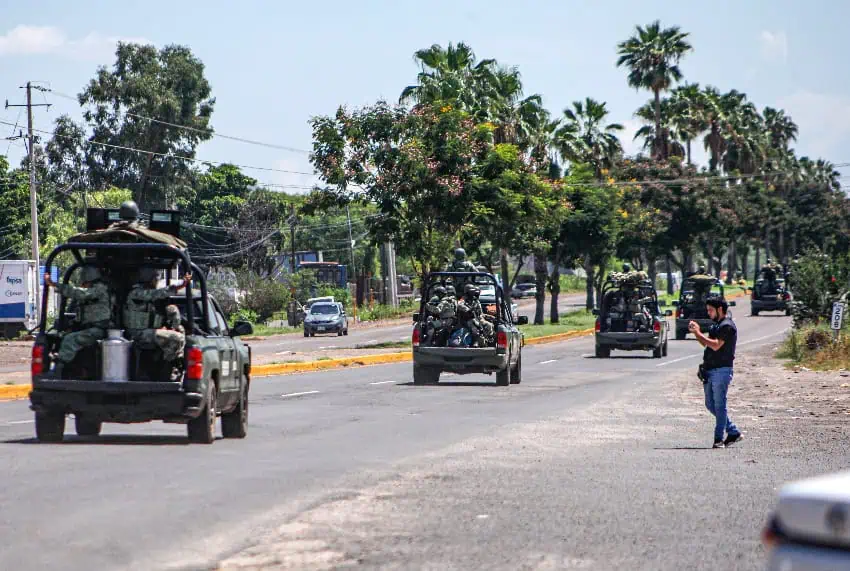
They asserted that Zambada “cannot overcome the presumption that he is a risk of flight” and requested his permanent detention pending trial.
If convicted on all charges, El Mayo faces a minimum sentence of life imprisonment and would be eligible for the death penalty, the Associated Press reported.
There has been a violent fallout from his arrest after his alleged kidnapping, with a long-running turf war between the “Los Mayos” and “Los Chapitos” factions of the Sinaloa Cartel escalating in recent weeks.
A spate of cartel killings and other violent incidents in Sinaloa led state authorities to take the decision to cancel annual “Cry of Independence” festivities that were scheduled to take place in Culiacán on Sunday night.
